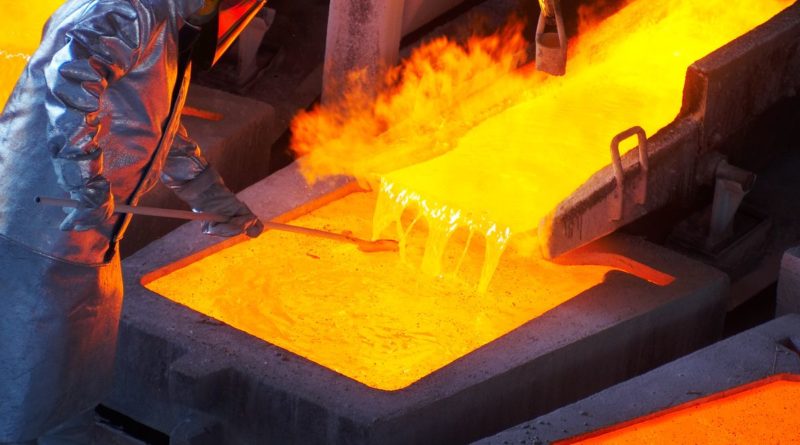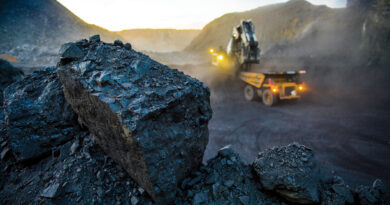Glencore blames war, weather and industrial action for changed guidance
Operational performance over the third quarter was impacted by a range of events including extreme weather in Australia, industrial action at nickel assets in Canada and Norway (since resolved) and the emergence of significant supply chain issues in Kazakhstan stemming from the Russia/Ukraine war.
“Full-year 2022 production guidance has, accordingly, been reduced for those affected commodities,” said Glencore Chief Executive Officer, Gary Nagle.
“Following the exceptionally strong marketing performance in the first half of the year, we currently expect a significantly reduced, but still above-average second-half contribution, likely exceeding $1.6 billion, being the top end of the pro-rated long-term EBIT guidance range of $2.2 to $3.2 billion p.a.”
Production guidance
Changes in guidance, extensively foreshadowed in our Q2 2022 production report, but requiring passage of time to quantify the various impacts, mainly reflects:
- Tightening of the ranges
- Zinc down 65kt (6%) – emerging supply-chain issues in Kazakhstan as the secondary impacts of the Russia/Ukraine war are felt throughout the CIS region
- Nickel down 8kt (7%) – effects of the approximately 15-week strike at Raglan mine and the 10-day strike at Nikkelverk
- Coal down 11mt (9%) – severe flooding in NSW (also higher than average rainfall in Queensland) and associated delays in restoring mine production and logistics infrastructure (primary NSW export rail line closed for approximately 2 weeks). The La Niña weather pattern exhibits a high probability of causing further disruption in Q4, with a wide plus/minus 4mt range reflecting this.
Production highlights
- Own sourced copper production of 770,500 tonnes was 125,000 tonnes (14%) lower than the comparable 2021 period, due to the previously reported land access, geotechnical and processing constraints at Katanga (50,600 tonnes), the basis change arising from the sale of Ernest Henry in January 2022 (34,100 tonnes), Collahuasi lower ore mined due to mine sequencing (23,000 tonnes) and lower copper units produced within Glencore’s zinc business.
- Own sourced zinc production of 699,600 tonnes was 156,200 tonnes (18%) lower than the comparable 2021 period, reflecting progressive reduction in the South American portfolio through disposals and closures (70,700 tonnes), closure of Matagami (20,100 tonnes) and Covid-19 related absenteeism leading to lower development rates and sequence changes at Mount Isa (51,200 tonnes).
- Own sourced nickel production of 81,600 tonnes was 10,500 tonnes (15%) higher than the comparable 2021 period, reflecting Koniambo operating both production lines in 2022 and stable Murrin Murrin operations, compared to a multi-week shutdown for scheduled maintenance in the base period, partially offset by lower production at INO due to strikes at Raglan and Nikkelverk.
- Attributable ferrochrome production of 1,110,000 tonnes was 39,000 tonnes (4%) higher than the comparable 2021 period, reflecting consistent smelter performance.
- Coal production of 81.9 million tonnes was 5.6 million tonnes (7%) higher than the comparable 2021 period, mainly reflecting higher attributable production from Cerrejón, following the acquisition in January 2022 of the remaining two-thirds interest that Glencore did not already own. On a like for like basis, overall Group production declined by 5.6 million tonnes (6%) reflecting lower tonnes from South Africa.
- Entitlement interest oil production of 4.8 million barrels of oil equivalent was 0.7 million barrels (16%) higher than the comparable 2021 period, due to commencement of the gas phase of the Alen project in Equatorial Guinea from March 2021.




